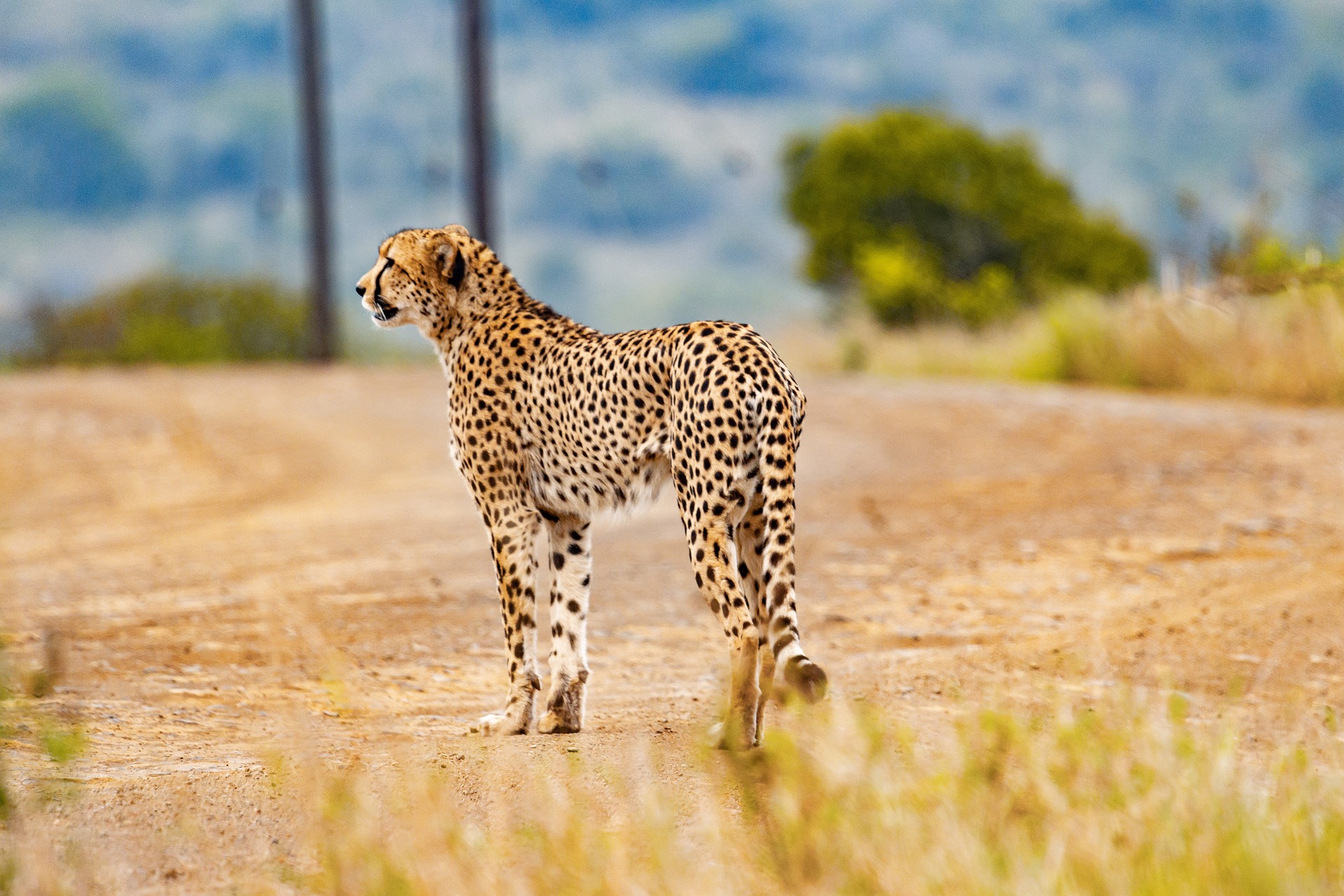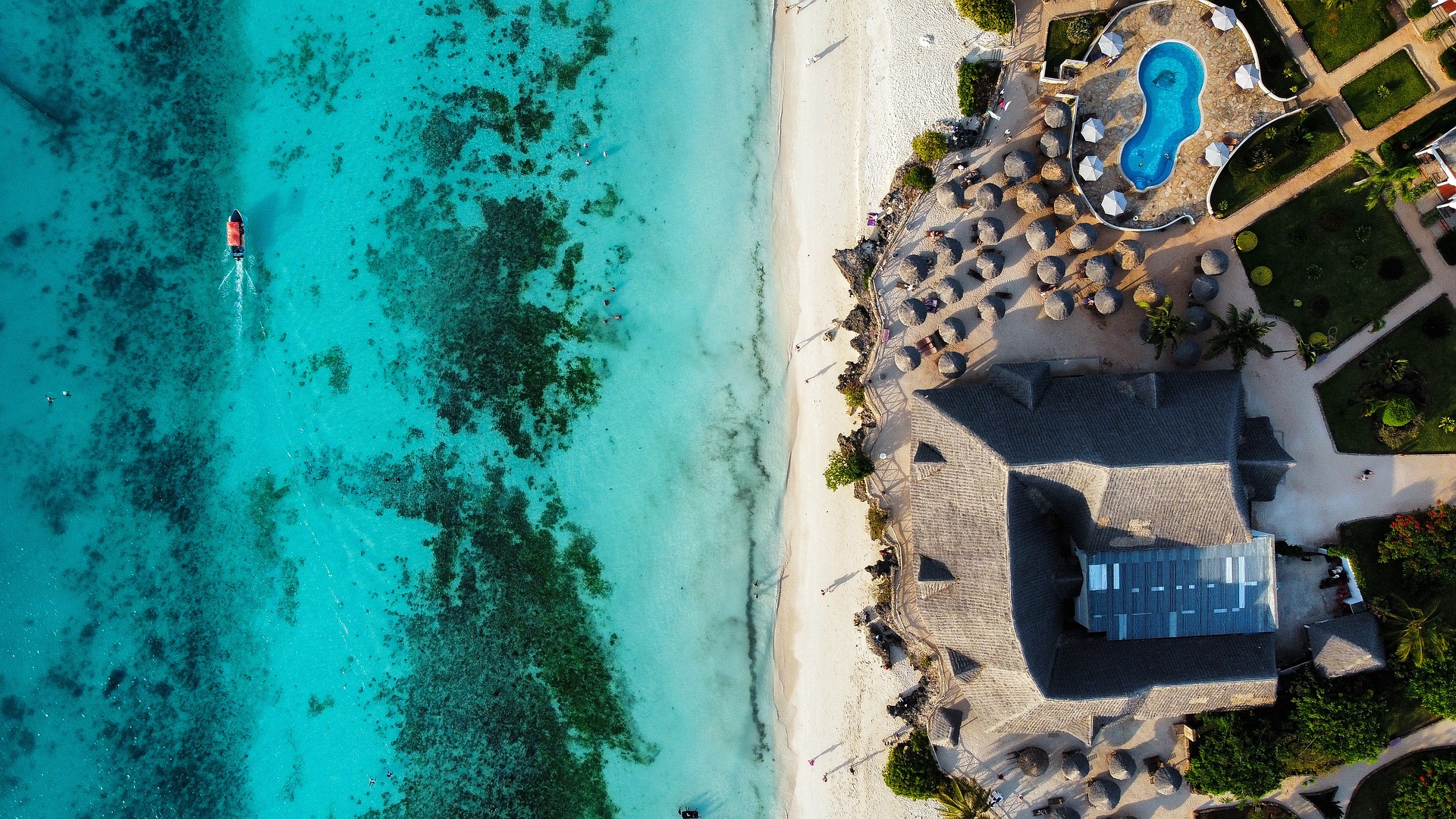How to Choose the Right Safari Package for You

How to Choose the Right Safari Package for You
Selecting the perfect safari package is crucial to ensuring a fulfilling and memorable adventure. With so many options available, it’s important to understand the different types of safaris, destinations, and experiences that best suit your preferences, budget, and expectations. Whether you’re an avid wildlife enthusiast, a first-time safari-goer, or a family seeking an adventure, choosing the right safari package can make all the difference in your African journey. Here’s a guide to help you navigate through your safari options and make an informed decision.
1. Consider Your Travel Style and Preferences
First, think about what kind of experience you want from your safari. Some safaris are luxurious and comfortable, with all-inclusive packages offering gourmet meals, private guides, and top-tier accommodations. Others are more rugged and adventurous, with basic campsites, shared facilities, and a focus on authentic wildlife encounters.
- Luxury Safari: If you’re looking for a more comfortable experience, opt for a luxury safari that offers elegant lodges, private game drives, fine dining, and excellent service. These safaris often focus on providing a high level of comfort while allowing you to explore nature.
- Budget Safari: If you’re traveling on a budget, choose a more affordable safari package that focuses on camping or staying in budget-friendly lodges. While it may be less luxurious, it offers an immersive experience with opportunities to witness wildlife and nature at a more accessible price.
- Adventure Safari: For those who prefer a more active safari, consider packages that include activities like walking safaris, mountain trekking, or hiking in addition to traditional game drives.
2. Choose the Right Safari Destination
Each safari destination offers its own unique experiences. When selecting your safari package, consider the type of wildlife and landscapes you’d like to explore. Some of the best-known safari destinations in Africa include:
- Tanzania: Known for its iconic wildlife-rich parks such as Serengeti, Ngorongoro Crater, and Tarangire, Tanzania is perfect for witnessing the Great Migration, spotting the “Big Five,” and immersing yourself in local cultures.
- Kenya: Kenya’s Maasai Mara and Amboseli National Park are renowned for their abundant wildlife and cultural experiences, with spectacular views of Mount Kilimanjaro.
- South Africa: With its diverse safari experiences, South Africa is ideal for both wildlife enthusiasts and those looking for luxury safari experiences. Kruger National Park, Cape Town, and private reserves offer fantastic game viewing.
- Botswana and Zambia: Known for their pristine and less-crowded reserves like Okavango Delta and Lower Zambezi, these destinations are perfect for those seeking an off-the-beaten-path safari with an emphasis on wildlife conservation and natural beauty.
3. Determine the Type of Safari Experience
Safari packages can offer different types of experiences depending on your interests. Here are some options to consider:
- Game Drives: Most safaris include traditional game drives, but the duration, comfort, and number of vehicles involved can vary. Some safaris offer private vehicles, while others are group tours with shared vehicles.
- Walking Safaris: For a more immersive experience, consider a walking safari led by a trained guide. Walking safaris are ideal for learning about the smaller details of the ecosystem, such as tracks, plants, and birdlife.
- Cultural Safaris: Many safari packages incorporate visits to local villages, giving you the chance to experience the customs, lifestyles, and traditions of the indigenous people, such as the Maasai in Kenya and Tanzania.
- Photographic Safaris: For photography enthusiasts, choose a safari that focuses on capturing the beauty of wildlife. Specialized guides will provide tips and assistance in getting the best shots.
- Family-Friendly Safaris: If you’re traveling with children, choose a package that offers child-friendly activities, accommodations, and itineraries, with options such as junior ranger programs or nature walks.
4. Select the Duration of Your Safari
Consider how much time you can dedicate to your safari. Some safaris can last for just a few days, while others may span over two weeks or more. If you’re limited on time, choose shorter safari packages that focus on one or two key destinations.
If you have more time to explore, opt for longer safaris that allow you to visit multiple parks and experience a greater variety of wildlife and landscapes. It’s also worth considering whether you want to combine your safari with a beach holiday or other activities, such as climbing Mount Kilimanjaro or visiting the historical island of Zanzibar.
5. Understand the Inclusions and Costs
Carefully examine the safari package to understand what’s included. Most safaris cover transportation, game drives, accommodations, and meals, but the details can vary from one package to another. Ask questions to ensure you know what’s included in the cost and what additional expenses you may incur, such as park fees, tips, or optional activities like hot-air balloon rides.
- All-Inclusive vs. Pay-As-You-Go: Some safari packages are all-inclusive, meaning meals, drinks, and excursions are covered in the price, while others may charge extra for meals, drinks, and additional activities.
- Travel Insurance: Make sure you have comprehensive travel insurance that covers safari-specific risks, such as medical emergencies, trip cancellations, and lost luggage.
6. Research the Best Time to Go
Timing can significantly impact your safari experience. The best time for a safari often depends on the destination and the kind of experience you want.
- Dry Season (June to October): Generally the best time for game viewing, as animals gather around water sources, making them easier to spot.
- Green Season (November to May): While it’s the rainy season, this period offers lush landscapes, fewer tourists, and the chance to witness animal births and migratory birds.
Check with your tour operator to find out the best time to visit specific parks and what wildlife you’re most likely to see during your trip.
7. Read Reviews and Testimonials
Before booking, take the time to read reviews from previous travelers. This will give you an idea of the quality of the safari operator and what you can expect from your safari experience. Look for reviews that provide feedback on the guides, accommodation, food, and overall experience.
Conclusion
Choosing the right safari package for you involves considering your travel preferences, desired experience, budget, and the wildlife destinations that match your interests. By understanding the different types of safaris, selecting the right destination, and determining the best time to visit, you’ll be well on your way to embarking on an unforgettable safari adventure. Make sure to research, ask questions, and select a package that will give you a safari experience that exceeds your expectations and leaves you with cherished memories of Africa’s stunning wilderness.
All Categories
Recent Posts
Passport & Visa Essentials for Your Trip to Tanzania
How to Choose the Right Safari Package for You
What to Expect on Your First Safari: A Beginner’s Guide





